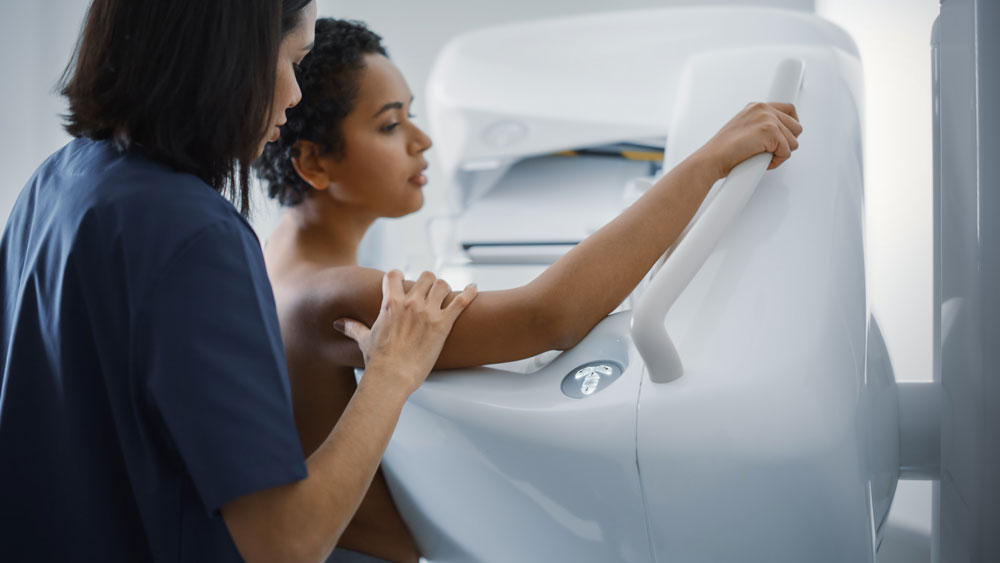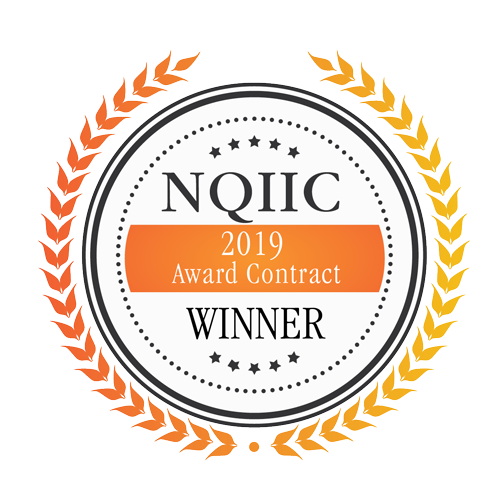Closing Breast Cancer HEDIS Gaps: HCDI Engages Members to Get Their Annual Mammograms
October is breast cancer awareness month; Breast cancer is a disease in which cells in the breast grow out of control.
 The kind of breast cancer depends on which cells in the breast turn into cancer. Most breast cancers begin in the ducts or lobules. Breast cancer can spread outside the breast through blood vessels and lymph vessels. When breast cancer spreads to other parts of the body, it is said to have metastasized.
The kind of breast cancer depends on which cells in the breast turn into cancer. Most breast cancers begin in the ducts or lobules. Breast cancer can spread outside the breast through blood vessels and lymph vessels. When breast cancer spreads to other parts of the body, it is said to have metastasized.
The most common kinds of breast cancer are:
- Invasive ductal carcinoma. The cancer cells begin in the ducts and then grow outside the ducts into other parts of the breast tissue. Invasive cancer cells can also spread, or metastasize, to other parts of the body.
- Invasive lobular carcinoma. Cancer cells begin in the lobules and then spread from the lobules to the breast tissues that are close by. These invasive cancer cells can also spread to other parts of the body.
Statistics
- 1 in 8 women will be diagnosed with breast cancer in her lifetime. Black women are 40 percent more likely to die from breast cancer compared to white women.
- While approximately 72% of women aged 50-74 receive regular mammograms, disparities exist across racial and ethnic groups. According to recent statistics, only about 64% of Black women and 60% of Hispanic women are screened regularly, compared to 74% of White women.
Risk Factors
Key Factors:
- Age (over 50)
- Genetic mutations (BRCA1, BRCA2)
- Reproductive history
- Dense breast tissue
- Personal or family history of breast cancer
- Previous radiation treatment
Reducing the Risk Factors of Breast Cancer
- Keep a healthy weight.
- Be physically active.
- Choose not to drink alcohol, or drink alcohol in moderation.
- If you are taking, or have been told to take, hormone replacement therapy or oral contraceptives (birth control pills), ask your doctor about the risks and find out if it is right for you.
- Breastfeed your children, if possible.
- If you have a family history of breast cancer or inherited changes in your BRCA1 and BRCA2 genes, talk to your doctor about other ways to lower your risk.
Signs You Should Know
- New lumps or swelling in the breast or underarm
- Changes in skin texture or color
- Nipple changes or discharge
- Alterations in breast size or shape
HCDI’s Commitment to Addressing Breast Cancer Screening Disparities
HCDI is committed to addressing breast cancer screening disparities. Each year, our health equity engagement specialists conduct outreach to health plan members past due for their mammograms to notify them and schedule their screenings.
HCDI Breast Cancer Case Study
Issue: A Medicaid Managed Care Organization (MCO) in Washington DC sought to engage hard-to-reach members to get mammograms for early breast cancer detection. Their members faced issues such as health illiteracy and unmet social needs which contributed to lower HEDIS scores and increased care costs from delayed diagnoses.
Solution: HCDI team found a high demand for mammograms but identified obstacles faced by members. After analyzing client data, an engagement plan was created. Community Health Liaisons educated Medicaid plan members about barriers and assisted in scheduling appointments.
Results: HCDI helped the MCO close 35,000 HEDIS Gaps since 2019.
HCDI Community Laison Simone’s Story with Helping Member Schedule for her Mammogram
“I spoke with a member about completing a yearly mammogram, she was excited and curious at the same time as to why I had called at that particular time because she says her sister had literally just asked her that same day when was the last time she had completed an exam; I then assured her that this call was definitely the confirmation she needed and we both shared a brief laugh. Well, after she completed the exam, she contacted me to thank me for the call that saved the day and quite possibly maybe her life, because the doctor did find an issue that required further examinations. Besides the assistance in scheduling the exam, I also provided transportation to and from the appointment as the member stated that getting to and from appointments was also another barrier to her having her exams on time. The member was so grateful for the call and the transportation that she refused to accept the $25 visa card incentive which was given at the time by HCDI to all the members who had completed their mammograms. She exclaimed that the help already provided was more than enough of an incentive and she repeatedly kept thanking me for everything. She exclaimed, “you are an Angel”, I replied, no I am not an angel, just a HCDI Community Health Worker!”-Simone, HCD International Community Laison
To learn more about how HCDI, can help your health plan close HEDIS gaps for Breast cancer Screenings contact us directly info@hcdi.com
Find Screening Program Near You
- CDC Screening Programs: Find a Screening Program Near You






